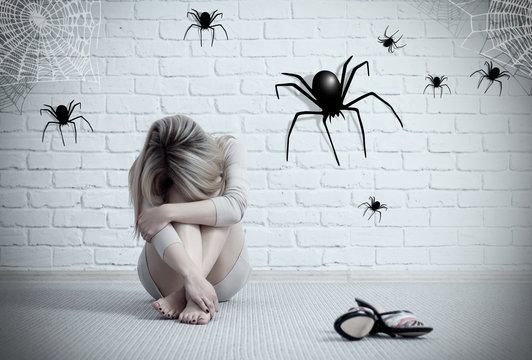What is OCD?
OCD is a mental health disorder characterized by the presence of obsessions and/or compulsions that cause significant distress and/or impairment in functioning.
Obsessions are recurrent thoughts, impulses, or images that are experienced as intrusive and anxiety-provoking. Obsessions give rise to anxiety or distress and individuals are motivated to alleviate the distress using some kind of neutralization or compulsive behaviour.
Compulsions are repetitive actions or mental acts that are carried out in order to reduce distress or the likelihood of some feared outcome. Compulsions include checking, cleaning, washing, counting, repeating certain phrases, and doing things in a particular order.
What are the symptoms of OCD?
OCD can present in many different but related ways. Some examples of common obsessions include:
- Thoughts of being contaminated
- Doubts about locking doors or turning of the stove
- Impulses to harm loved ones
- Unwanted sexual thoughts
Compulsions are designed to alleviate the distress brought on by the obsessional thoughts and include behaviours such as:
- Excessive washing
- Repetitive checking
- Excessive reassurance seeking
- Doing things in a particular order
When is it time to get help?
Researchers have long known that intrusive thoughts are a very common, if not universal experience. For the vast majority of people, intrusive thoughts tend to be interpreted as being unimportant and they are easily dismissed. Others, however, may interpret intrusive thoughts as having great significance. For example, someone may experience an intrusive thought or harming someone and think that they are more likely to act on the thought simply because they had the thought. Or, a person may feel confident they would not act on the intrusive thought but they might feel like they are an immoral person just for having the thought. When people make such faulty appraisals of intrusive thoughts, the thoughts tend to come up more often to the point that they become obsessional.
An individual typically seeks treatment when their obsessions and/or compulsions reach a point that they are causing them significant distress and/or impairing their functioning in some important domain such as school, work, or relationships.
How CBT can help treat OCD?
CBT is the gold-standard psychological treatment for OCD and it consists of three main components:
- Psychoeducation
- Cognitive Restructuring
- Expose with Response Prevention (ERP)
CBT is the gold-standard psychological treatment for OCD
Psychoeducation involves learning about the symptoms of OCD, the common nature of intrusive thoughts, the important role of faulty interpretations of intrusive thoughts in the development of OCD, and the role that compulsive rituals play in the persistence of OCD.
Cognitive Restructuring involves identifying misappraisals of intrusive thoughts and reframing them using accurate information about the universal nature of intrusive thoughts. A main goal of cognitive reframing for OCD is to help people interpret they intrusive thoughts as having no importance whatsoever.
Exposure with Response Prevention (ERP) involves gradually facing one’s feared situations while refraining from doing any behaviour that may reduce or eliminate the distress. For example, person with contamination concerns might touch the floor and then rub their hands together and then not wash their hands. Or a person who has impulses to stab a loved one might have dinner with a loved one while a sharp steak knife is on the table. With repetition of such exposure exercises, individuals with OCD learn that their anxiety/distress subsides over time and their intrusive thoughts are insignificant.
How can the team at Oakville Centre for Cognitive Therapy help?
At Oakville Centre for Cognitive Therapy, we have psychologists who have extensive experience in helping children, adolescents, and adults overcome the potentially devastating effects of OCD. If you have symptoms of OCD that you would like to overcome, please take the first step and reach out to us at: 905-338-1397 or admin@oakvillecbt.ca.



